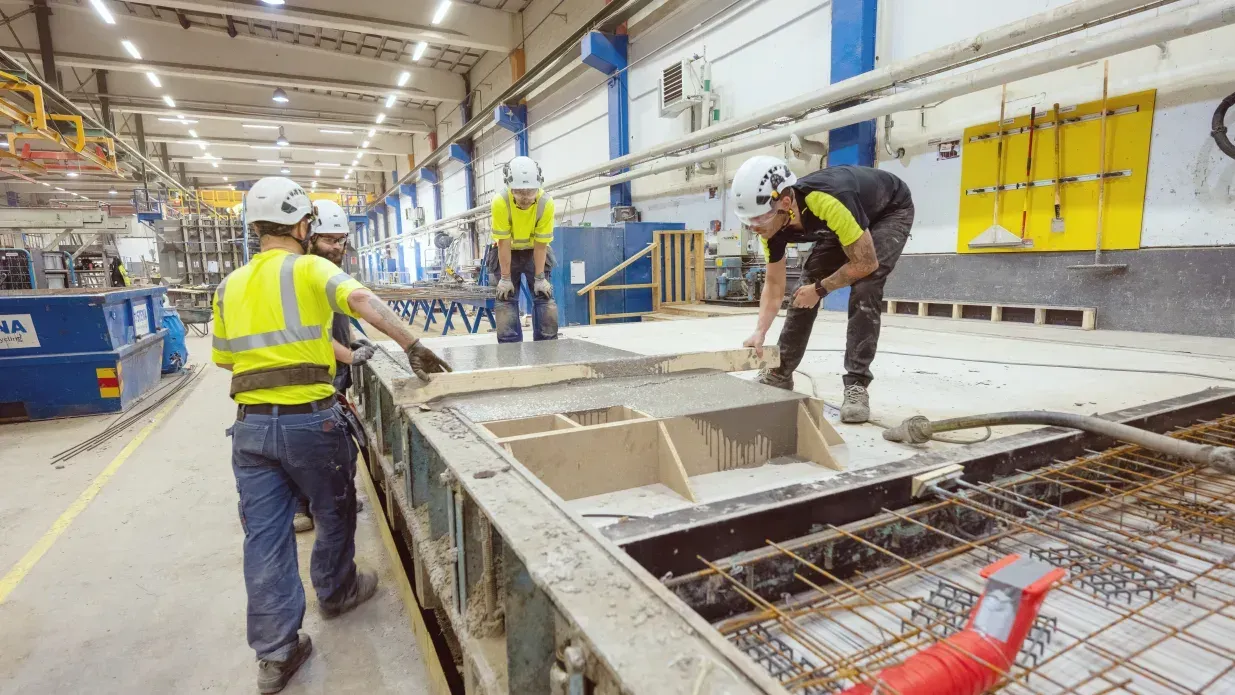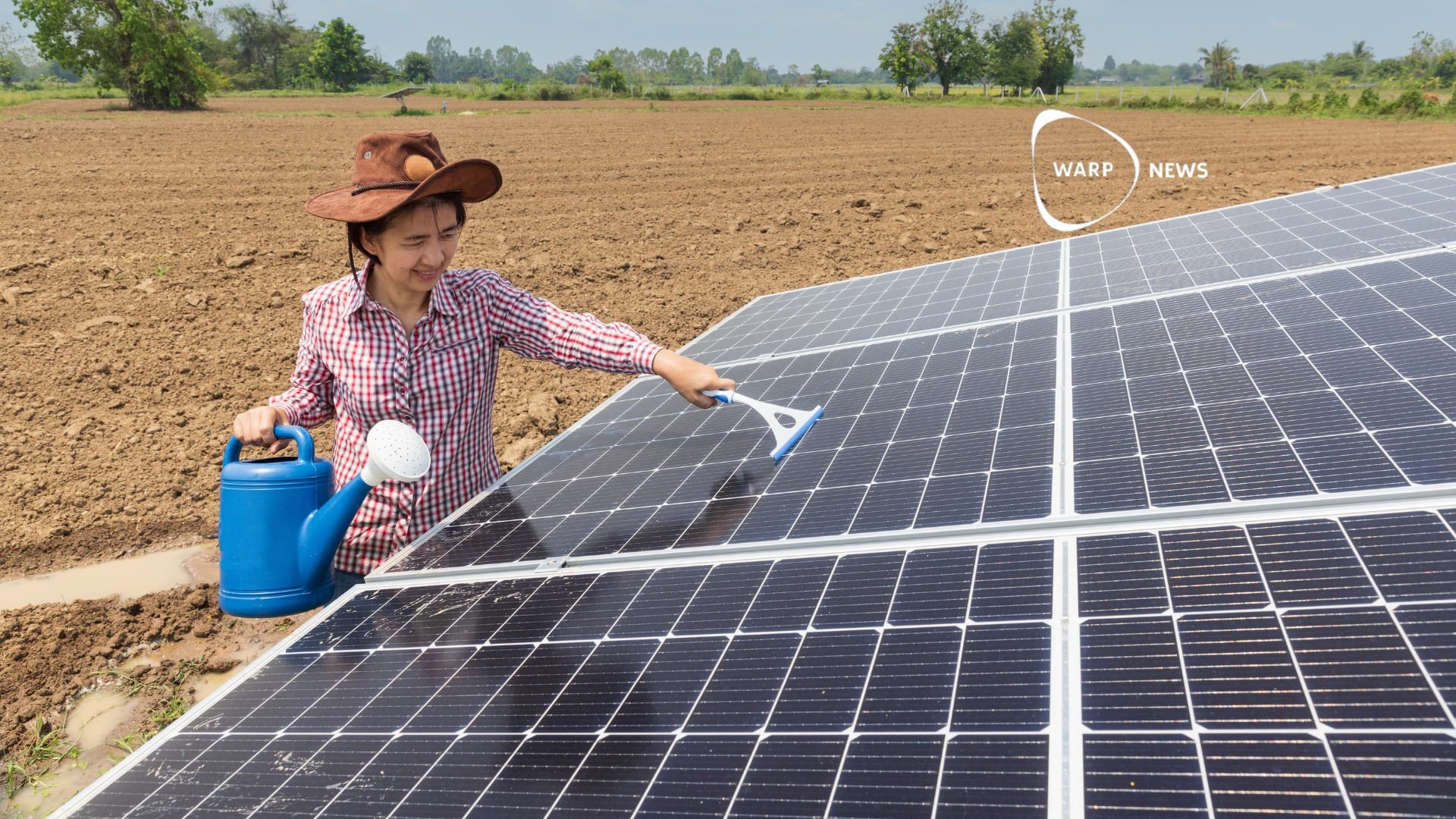
🥔 Construction company: Agricultural waste can replace cement
Oat husk or rice husk could be used in concrete, resulting in reduced quantities of cement necessary in concrete by almost 50 percent.
Share this story!
Cement has been a hot topic lately in Sweden. This is because of the single largest domestic producer, Cementa's problems with obtaining permission to mine lime on Gotland. The basic problem is that cement has a large environmental footprint and is a necessary component in concrete, which in turn is a necessity in many construction projects.
But now Byggvesta, a construction company, together with the concrete manufacturer Strängbetong and researchers from the research institute RISE have found a way to dramatically reduce the amount of cement needed in concrete.
"We have managed to halve the amount of cement required in prefabricated concrete by using waste from agriculture. Agricultural residues, such as oat husks or rice husks, are commonly used as biofuel to create district heating. Now we take advantage of the ash that's left over from thermal power plants, with some finishing, and use it in concrete production so that it is not wasted", says Bill Ögren, business manager at Byggvesta, in a press release.
The strength of the concrete is just as good as with cement. The first concrete elements produced with the new method will be installed in a new residential property as soon as this month.
As it is a new product and a new method, it will take a while before it becomes as cost-effective as traditional concrete. But at Byggvesta, they are convinced that this will change in the future.
"Property owners and municipalities should be prepared to invest and initially pay a little more for this type of concrete, but over time the price difference between sustainable concrete and ordinary concrete is expected to be marginal", says Bill Ögren.
By becoming a premium supporter, you help in the creation and sharing of fact-based optimistic news all over the world.


